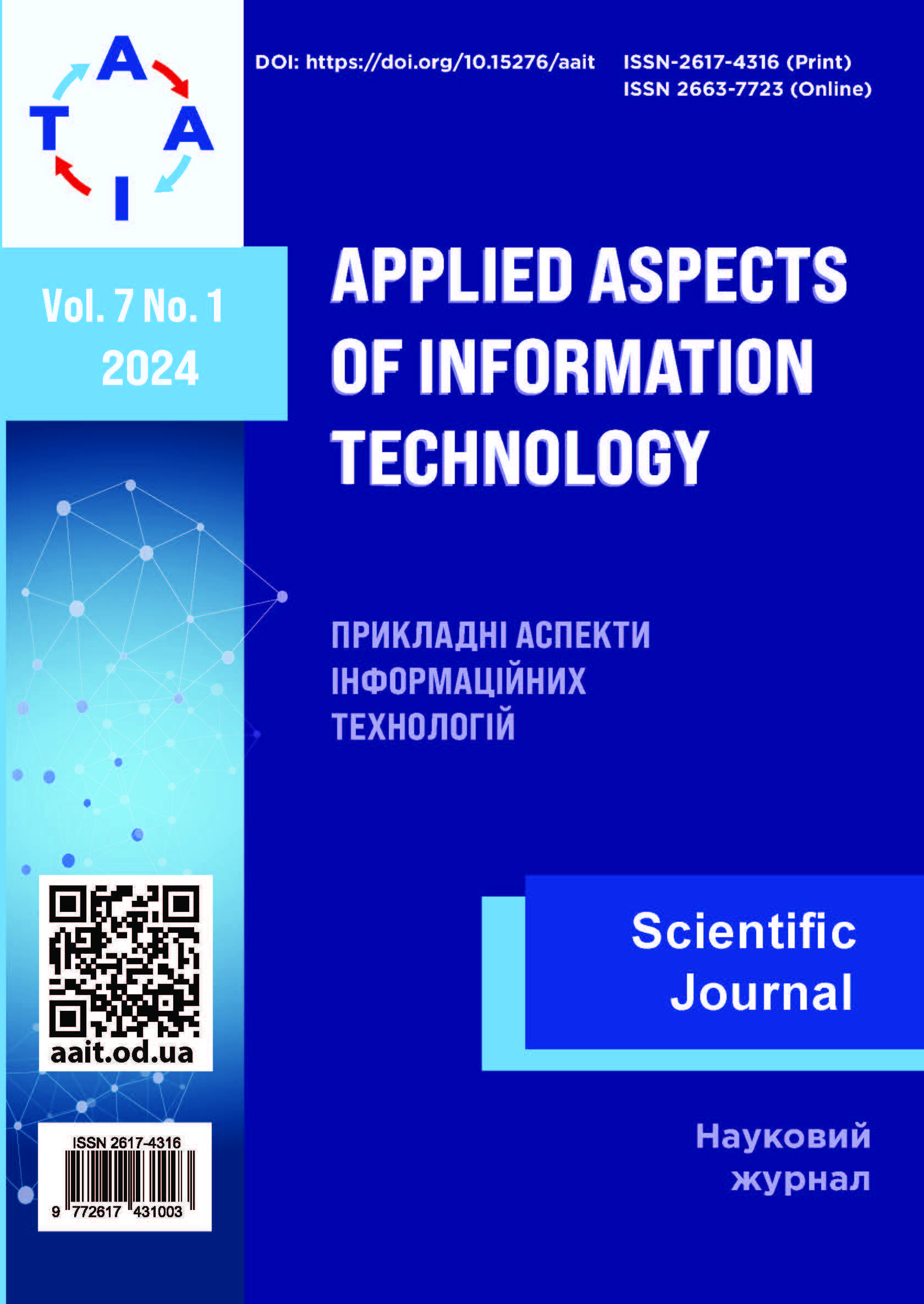Methods of preference aggregation in group recommender systems
Main Article Content
Abstract
The rapid growth of data volumes has led to information overload, which impedes informed decision-making. To solve this problem, recommender systems have emerged that analyze user preferences and offer relevant products on their own. One type of recommender system is group recommender systems, which are designed to facilitate collaborative decision-making, increase user engagement, and promote diversity and inclusion. However, these systems face challenges such as accommodating diverse group preferences and maintaining transparency in recommendation processes. In this study, we propose a method for aggregating preferences in group recommendation systems to retain as much information as possible from group members and improve the accuracy of recommendations. The proposed method provides recommendations to groups of users by avoiding the aggregation process in the first steps of recommendation, which preserves information throughout the group recommendation process and delays the aggregation step to provide accurate and diverse recommendations. When the object of a collaborative filtering-based recommender system is not a single user but a group of users, the strategy for calculating similarity between individual users to find similarity should be adapted to avoid aggregating the preferences of group members in the first step. In the proposed model, the nearest neighbors of a group of users are searched, so the method of finding neighbors is adapted to compare individual users with the group profile. An experimental study has shown that the proposed method achieves a satisfactory balance between accuracy and diversity. This makes it well suited for providing recommendations to large groups in situations where accuracy is more or less important compared to diversity. These results support the assumption that retaining all information from group members without using aggregation techniques can improve the performance of group recommender systems, taking into account various features.



